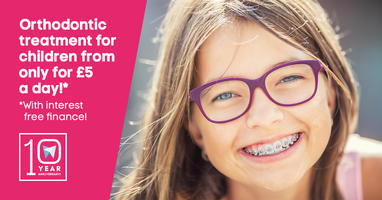Orthodontics is known to be beneficial for a large number of problems. Crooked teeth can have food caught in them, which leads to more caries, and orthodontics is the only way to rectify that situation, and your TMJ will be much happier if you have an even bite. But can you believe that having a good bite and straight teeth may also help you with that bad snore or otherwise affected night breathing.
The Study
A study in Finland which followed 491 children between the ages of six and eight that had a sleep breathing disorder ratio of 9.9% found that having orthodontic issues can in fact lead to the development of snoring and other disorders that lead to negatively affected breathing while asleep. The most common orthodontic issues that were linked to the development of disordered breathing were crossbite, a facial height that is too low, a convex profile and hypertrophic tonsils. Unlike the in adults, obesity is not an issue that causes this in children, but perhaps this has something to do with the issues unique to childhood obesity.
The children who had abnormal maxillofacial developments mentioned above were 3.3 to 3.7 times more likely to have some sort of sleep related breathing disorder, which is a very significant number.

Significance
The significance of this discovery is really something to think about. The doctors involved in this study were quite clear in stating that the research they have done calls for more interdisciplinary work that should be done in tandem with each other. This study, in order to be of greater use in practice, would need house doctors and obstetricians to work together with orthodontists, to spot the early signs of developing crossbite and other orthodontic issues, and send them to the orthodontist as soon as possible, as these disorders can be rectified if caught early.
image: 1.

